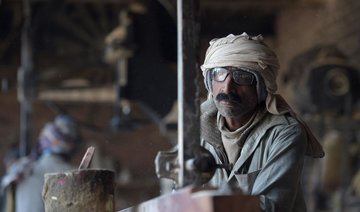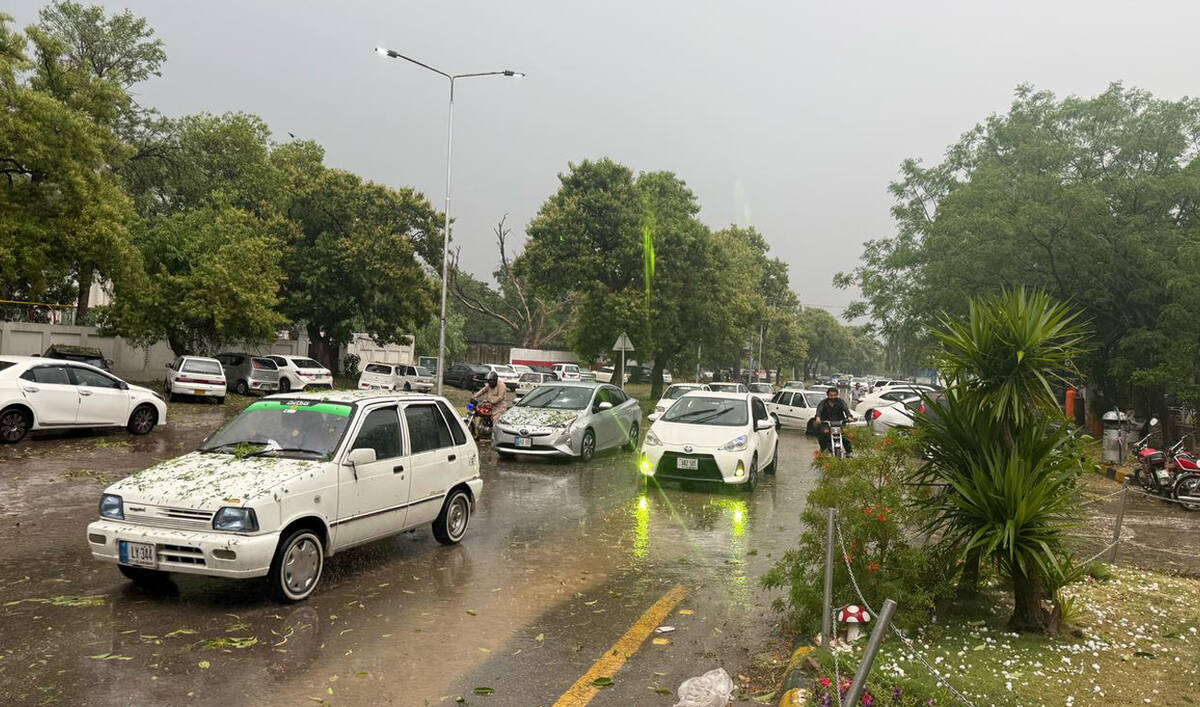KARACHI: A group of prominent Pakistani religious scholars and medical professionals have declared organ donation after death permissible in Islam, a leading medical college said on Thursday, amid an effort to tackle low donation numbers due to religious concerns on the matter.
While many Muslims consider organ donation permissible, there are varying interpretations and opinions among scholars and individuals. Some believe that the human body is sacred and should not be harmed, even in death, which can lead them to oppose organ donation. Others interpret verses in the Qur’an and Hadith that emphasize the value of saving lives, leading them to support organ donation as a compassionate act.
Pakistan faces a significant shortage of organ donors. The demand for organs far exceeds the availability, leading to long waiting times and increased mortality rates for patients in need of transplants. Apart from cultural and religious beliefs and lack of awareness and education, the shortage is also fueled by Pakistan lacking the infrastructure and resources to effectively support deceased organ donation programs. While organ donations, particularly from family members, are more common in Pakistan, the country lacks a proper system for deceased organ donation.
“Donating organs after death, with proper consent and ethical compliance, is not only allowed but also considered an act of sadaqah jariyah (ongoing charity) in Islamic teachings,” Dow University of Health Sciences said in a joint declaration following an event on the ethical and religious dimensions of brain death and organ transplantation in Islam.
All the scholars agreed to raise awareness among Muslims about the “permissibility and spiritual reward” of organ donation, it added.
The statement quoted Chairman of the Council of Islamic Ideology (CII), Allama Raghib Hussain Naeemi, as saying organ donation could only take place with “prior consent or family approval” after brain death was confirmed. Another scholar Mufti Ramzan Sialvi said organ donation was only permissible if the dignity of the deceased was preserved.
Doctors estimate around 50,000 lives could be saved annually in Pakistan through organ donation, the statement added, calling for widespread awareness to promote the practice.
By aligning medical ethics with Islamic teachings, experts hope to encourage more Pakistanis to register as donors and help address the country’s critical shortage of transplant organs.





















